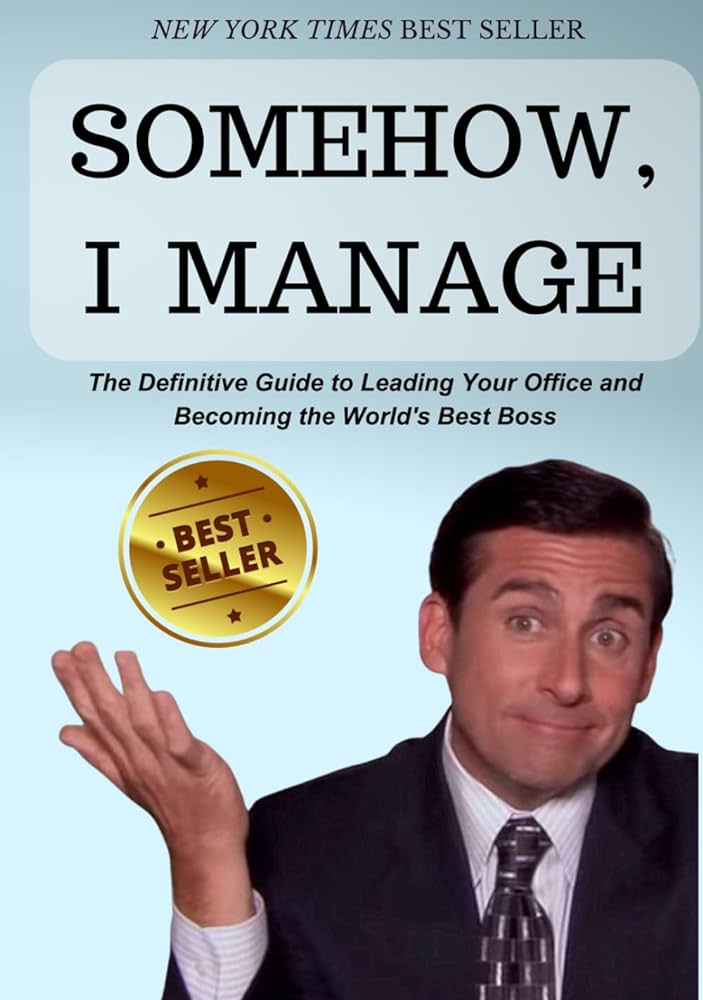
(For the audio version of this blog, please visit: https://brothersinchristcmf.org/wp-content/uploads/2024/04/Mass-Blog-for-the-3rd-Sunday-of-Easter-2024.mp3)
More than a century ago, Mark Twain taught that there are three kinds of falsehoods: lies, damned lies and statistics. Ignorance is their common denominator. In the Internet era, we should consider three types of ignorance: ignorance, willful ignorance, and online research.
The Google Age has turned us into expert ignoramuses, thanks to the Dunning-Kruger effect. Googling that term will tell you this is the tendency of people with low ability in a certain area to have overly positive assessments of their ability. If you’re a fan of the sitcom, “The Office,” that definition might be accompanied by Michael Scott’s face in your mind. That’s the foolish know-it-all boss Steve Carell played so brilliantly. When it comes to ignorance of God’s will for us, many of us may resemble that remark.
We can get so passionate about something we learn online that we might make a fool of ourselves repeating it—until proven wrong. We’re not much different from the people Peter criticizes in Sunday’s first reading from Acts—those who came to believe Jesus was more dangerous to them than a murderer.
“You denied the Holy and Righteous One and asked that a murderer be released to you,” Peter reminds them. “The author of life you put to death, but God raised him from the dead; of this we are witnesses. Now I know, brothers, that you acted out of ignorance, just as your leaders did; but God has thus brought to fulfillment what he had announced beforehand through the mouth of all the prophets.” (Acts 3:13-15, 17-19)
Peter suggests we accept what God taught those prophets about the nature of Divinity, and imitate their lifelong searches for the flesh-and-blood embodiment of it in Jesus the Christ. But do we know the nature of our Maker? A Google search won’t offer a proper introduction—unless you search through the First Letter of John. It will tell you:
The way we may be sure that we know Him is to keep his commandments. Those who say, “I know Him,” but do not keep His commandments are liars, and the truth is not in them. But whoever keeps His word, the love of God is truly perfected in him.
We’ve just gone through a long Lent contemplating and repenting the troubling effects our ignorance of God’s will have had on us. But Easter teaches us we can rise above that ignorance by returning to the source of all wisdom—the true roadmap of perfect knowledge we’ve had so much trouble finding. Still troubled?
“Why are you troubled,” the risen Jesus asks his disciples—and us—in Sunday’s gospel reading from Luke (Lk 24:35-48). “And why do questions arise in your hearts? … “These are my words that I spoke to you while I was still with you, that everything written about me in the law of Moses and in the prophets and psalms must be fulfilled.”
Then he opened their minds to understanding the Scriptures.
We are called to spend our lives as the prophets did—conquering our willful ignorance of God’s truth. Whether our lives are long or short, the journey to that truth begins with a single step. May that step be the one Christ’s life, death and resurrection took beyond the minds of the prophets who anticipated him. All we Internet-bred ignoramuses have to do is continue their journey the rest of the way through the Scriptures to God’s intended home in our heart.
–Tom Andel
Love him or hate him, I see it happening with Trump. People are being told that he will be worse than Hitler and they are parroting that. I was guilty of that in the past but on more than one occasion found that although I disagreed with a certain person’s politics, I found that they were actually a decent person. Mob mentality and internet mentality or media mentality can be dangerous. Today we sometimes see the secular media and our government framing Christians in a way that the Sadducees framed Jesus. Less media, more Bible.
I agree, Mark. I was invited to give a talk about “witnessing our faith” to St. Michael’s current confirmation candidates. One of my talking points is the importance of defending our faith, not only from the world, but from ourselves. These smart phones we all have connect us to the world in good ways and bad. They can disguise lies as truth and truth as lies. I plan to ask these kids how many of them have these devices. My contention is, they can weaken our virtues of faith, hope and love before we even get a chance to develop them to a point where we can defend our faith. Those virtues are planted in us like mustard seeds, and if nourished, can grow big enough to fill God’s Kingdom.
This blog restates what Christ teaches us. He is the way, the truth, and the life.
If we know him, we will follow him. If we don’t we might follow anyone, or anything.
Ignorance is bliss and swallows many. Sin is darkness, Christ is light.
Live in his light!
Your description of ignorance that overshadows faith mirrors that of a black hole in the universe. It acts like a Venus Fly Trap, capturing objects that come too close to it. “Social” media sites can be like that–sucking the light out of us. Good reminder to maintain our faith’s force field.